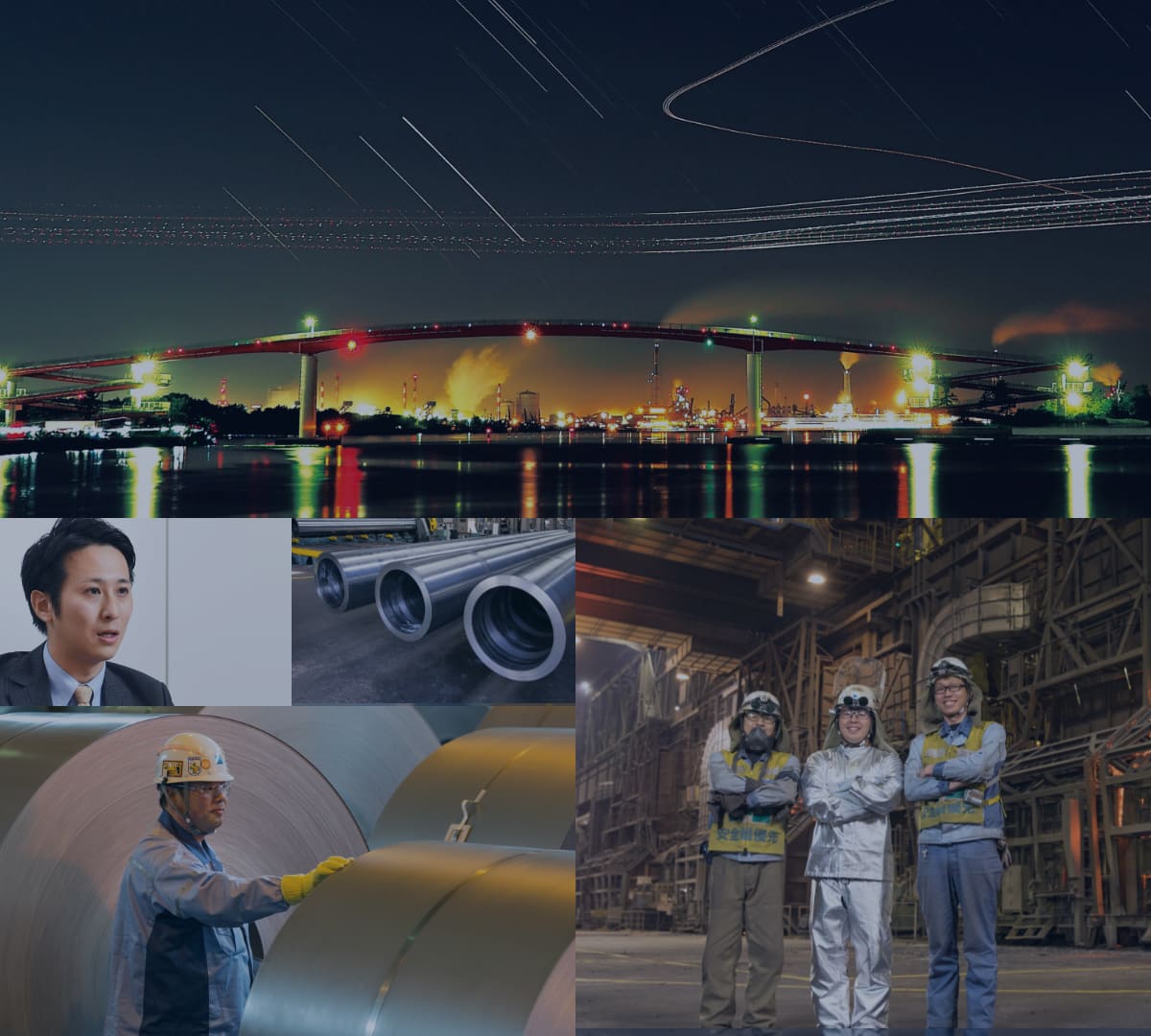Current News on Nippon Steel: A Critical Overview
In recent days, Nippon Steel has been at the center of significant news regarding its proposed acquisition of U.S. Steel. The deal, valued at approximately $14.9 billion, has faced mounting scrutiny and potential roadblocks from the U.S. government, particularly from President Joe Biden. This article provides a comprehensive overview of the latest developments surrounding this high-stakes acquisition.
The Proposed Acquisition
On December 18, 2023, Nippon Steel announced its agreement to acquire U.S. Steel, marking a pivotal moment in the steel industry. The deal was seen as a strategic move to enhance Nippon Steel's position in the global market, offering a 40% premium over U.S. Steel's share price at the time. Analysts initially praised the acquisition, viewing it as a potential boon for both companies.
However, the landscape has shifted dramatically in recent weeks. Reports indicate that President Biden is preparing to block the acquisition on national security grounds. This decision is reportedly based on concerns that the merger could undermine the U.S. steel industry, which is considered vital for national defense and economic stability.
Recent Developments
Biden's Stance
As of September 4, 2024, multiple sources have confirmed that President Biden is close to formally announcing his intention to block the deal. This move has been characterized as a response to growing bipartisan political opposition to the acquisition. The White House has indicated that it is open to blocking the deal, with Biden's administration conducting a thorough review of the proposed takeover.
Market Reactions
In the wake of these developments, shares of Nippon Steel have seen a notable increase, outperforming the broader Nikkei index. This rise in stock value suggests that investors may be anticipating a resolution that could favor Nippon Steel, despite the looming threat of a government blockade.

Union and Political Reactions
The political landscape surrounding the acquisition is complex. Unions representing U.S. Steel workers are leveraging their influence to negotiate better terms from both Nippon Steel and U.S. Steel. They are advocating for stronger commitments to maintain jobs and operations within the United States, emphasizing the importance of keeping U.S. Steel's mills operational.
Vice President Kamala Harris has also publicly opposed the merger, stating that U.S. Steel should remain domestically owned. This sentiment reflects a broader concern among politicians about foreign ownership of critical American industries.
Implications for Nippon Steel
Should the Biden administration proceed with blocking the acquisition, Nippon Steel will be left to explore alternative growth strategies. The company may need to pivot its focus to other markets or consider different acquisition targets. This situation poses a significant challenge for Nippon Steel, as it seeks to expand its global footprint amidst increasing geopolitical tensions.
Diplomatic Considerations
The potential blocking of the acquisition also raises diplomatic questions between the United States and Japan. As two key allies, the implications of this decision could affect broader economic relations. Tokyo officials are reportedly examining the diplomatic fallout from this situation, indicating that the stakes extend beyond just the steel industry.
Conclusion
The proposed acquisition of U.S. Steel by Nippon Steel is a developing story that encapsulates the intersection of business, politics, and national security. With President Biden poised to block the deal, the future of this acquisition remains uncertain. As Nippon Steel navigates these challenges, the implications for the steel industry, U.S. workers, and international relations will continue to unfold.
For those interested in following the latest updates on this situation, a comprehensive list of articles and news sources can be found here.

Key Articles:
- Biden Expected to Block U.S. Steel Takeover - The New York Times
- Nippon Steel shares up after news of US looking to block peer's acquisition - Reuters
- Biden preparing to block U.S. Steel sale to Japanese company - NBC News
This situation is a reminder of the complexities involved in international business transactions, especially in industries deemed critical to national security. As developments continue, stakeholders from both sides will be watching closely to see how this situation unfolds.





